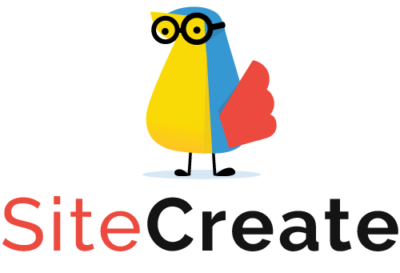5 Key Components of Successful SEO
When talking about how to create and manage a successful SEO campaign, one might expect to find an article outlining the different content and technical approaches we might take in campaign management. But with the huge focus of SEO now falling on creating amazing sharable content, we really need to examine the role that search engine optimization plays in the creative process.
For the purposes of this article, we want to focus on 5 content components that strongly impact your organic search results. Don’t get me wrong, at Spark we still believe in fixing all of the technical barriers that can have a negative impact on site performance, but we really want to emphasize the “buy-in” aspect of search. You can’t build a sturdy home without a strong foundation, and technical SEO is the foundation to which we build the home (content) upon. But at Spark, we deem the most important component of successful campaigns as gaining executive buy-in from our clients around optimized content creation, education and reporting.
The 5 components of successful SEO are:
- Executive Buy-in
- Education
- Budget Allocation
- Amazing Content Creation
- Tracking & Reporting
Executive Buy-In
The term “executive buy-in” refers not only to the client’s executive team, but everyone else involved in the digital process. These players can come from the client side, IT or development teams, creative agencies, digital and/or search teams. In order to streamline the content creation process for organic search purposes, we need to make sure that expectations are set and clear goals established first and foremost. Instill SEO education and evangelism from the get-go and educate all parties on what it takes to be successful in organic search. This means gaining acknowledgement from all parties that SEO IS NOT an afterthought to content creation. As a creative director or client exec, your strongest asset in content creation is the SEO team. Knowing when and how to engage them early and often is critical to success.
Education & Evangelism
As a search engine optimization agency, it is our job to inform and educate clients on all things search related. This includes gaining executive buy-in from all parties by helping them understand the industry. This is usually accomplished by presenting an SEO 101/102 and giving insights into where the industry came from, as well as where the industry is heading. Not only do we want to establish the education component upfront; we also want to keep everyone updated on industry changes that can impact site rankings and outcomes. Our education work is never done!
Budgeting & Allocation
Despite the fact that organic search listings are free, there is no guarantee that you will end up at the top of the results. In fact, obtaining top results for a highly competitive term can be an extremely difficult task. If you rely solely on on-page content to rank for these highly competitive terms, chances are that you will never obtain these lofty ranking goals.
SEO’s rely on off-site content marketing, blogging, video, social media, info-graphics and other link building practices as a part of our overall ranking strategy. We use these 2nd tier content pieces as a way to reach out to audiences that might not yet find our organic listings (because of low rankings, etc.). This is how we compensate for the catch 22 of search engine rankings: “We created a great piece of content but it still doesn’t show up in search….Why is this? The answer is Google relies not only on on-page SEO factors to determine rank, but on outside (3rd party) sources and referrals as well. So, this is why we stress the fact that budgeting needs to be allocated appropriately for organic search. All of these pieces of content are usually generated by creative agencies and copywriters who typically require a retainer for their services.

Creating Quality Content
Now that the client and other parties are educated, we can begin to plan new campaigns and initiatives. This process should always start with some form of research and data analysis. This would include using keyword research and competitive data to provide direction for content creators. Using some form of an enterprise reporting platform is great for identifying the competitive landscape and keyword / content opportunities.
Finally, content should always be written for the end user and accompanied with visual assets whenever possible. Examine what the competitors in your space have done, and try to provide something even better or go the extra mile in order to beat them!
Track and Report Everything
This is where having great analytics platforms and software proves extremely valuable. Not only should good SEOs be monitoring a client’s competitors constantly, they should also keep track of changes within a campaign from start to finish. Deliver reports with actionable items whenever possible.
Advanced SEO technology platforms provide great insights into on-page and off-page components. These can assist with providing that extra step in outranking your opponents on a given keyword term or piece of content.
Create Success
Now it’s time to combine the education and buy-in with actionable reporting to deliver high-quality, relevant content to your consumers!
